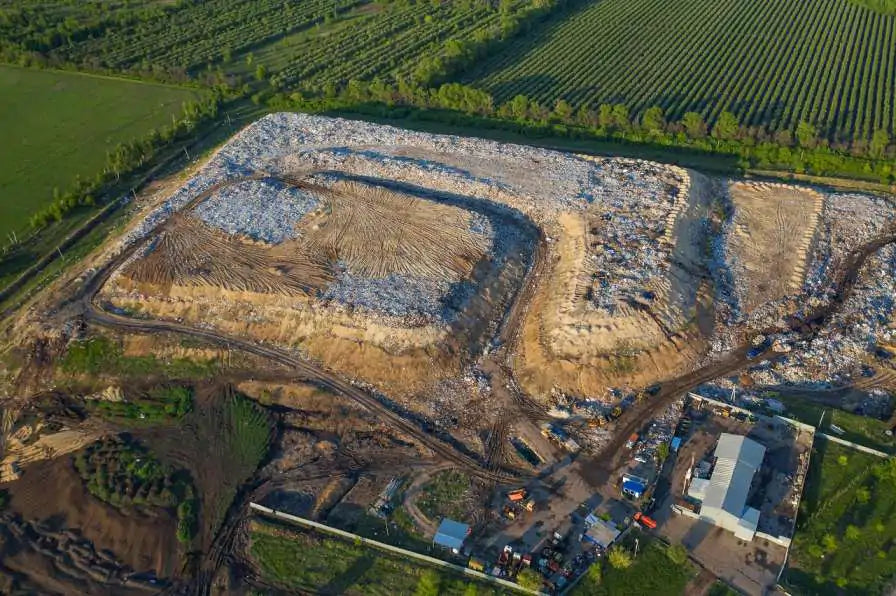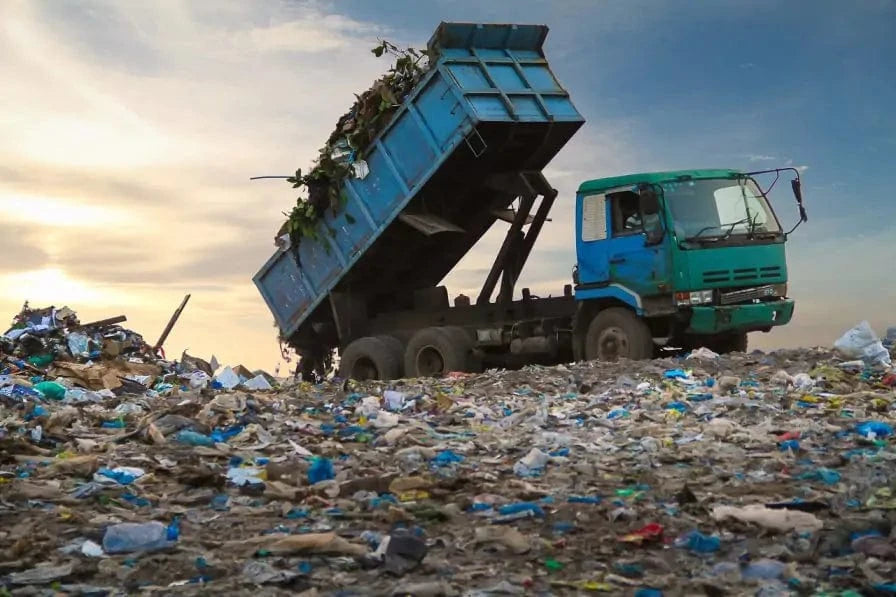Your basket is currently empty.
Shop NowDoes Recycling Really Work - a Look at Actual Cost-Savings and Benefits

Does Recycling Really Work?
A 2010 report known as the Municipal Solid Waste Characterization Report indicated that 54.2% of waste goes into landfills, 11.7% is combusted for energy, and 34.1% is recycled or composted. If not for the latter two uses, 100% of waste would go to landfills.
Thus, recycling, composting and combusting all play a vital role in dealing municipal rubbish by disposing of nearly 46% of all waste in a positive, productive manner. The landfill space that is saved can be put to other environment-friendly applications. Products, goods and energy are produced at greatly reduced costs. All of these things benefit society and the environment.
How Recycling/Combusting/Composting Benefits Us
- Slows the growth of land space needed for landfills
- Reduces emission caused by incineration
- Eliminates the contamination and destruction of forests, water sources, land and minerals
- Eliminates contamination of environment caused by extracting raw materials
- Eliminates wasted energy and resources needed to clean up after extraction
- Conserves energy in the reprocessing phases
- Produces cheap energy
- Slows global climate change by reducing the emission of carbon dioxide
- Improves the overall environment for generations to come
- Local jobs are created within the recycling, energy and manufacturing sectors
A number of items found in everyday life can be made from recycled waste. Products that are made from the recyclable waste content are less expensive to make because raw material exploration and extraction are not required.
Items Commonly Made From Recycled Waste Content
- Rubbish bags
- Paper towels
- Newspapers
- Detergent bottles
- Nails and construction products
- Steel products
- Motor Oil
- Egg crates
- Glass jars and containers
- Magazines, journals, comic books
- Carpeting, Astroturf
- Aluminium cans
- Vehicle bumpers and parts
Benefits of Recycling Associated with Energy
- Energy that would have come from non-renewable sources is conserved
- Savings from the use of less energy can be passed on to the end user
- Less energy consumption means less pollution and less emissions
- Time and transportation are saved in the manufacturing cycle
- Fuel costs for transporting raw materials are spared.
- Pollution and emissions associated with transportation of raw materials are reduced
Reducing Pollution and Harmful Environmental Contamination
The space-saving benefit that results from less landfill use has several peripheral benefits that enhance the overall positive effect that proper recycling can have on the environment.
When non-biodegradable waste is placed in a landfill, it remains there for many elongated periods of time lasting decades, or even centuries. Landfill sites are a nuisance visually. They also produce noxious and harmful gases caused by the decay of waste. Air quality and quality of life in surrounding communities can be negatively impacted.
Run off from the landfill into local watersheds and drinking water sources can be harmful, even fatal, to wildlife and mankind.
The land under the waste in a landfill is rendered contaminated and unusable for extended periods of time that may last hundreds of years.
The landfill requires energy to be spent just moving the waste about and distributing it evenly over the allotted space. This energy produces nothing positive and can therefore be construed as wasted energy.
Sending less waste into the landfills reduces the impact of each of the negative aspects, thereby increasing the recycling benefits by several fold.

Reducing Foreign Oil Dependency and Other Contamination
With the current worldwide energy crisis, nations are seeking ways to reduce their dependency on foreign oil supplies. The U.S. Environmental Protection Agency (EPA) has stated that Americans who perform their own oil changes at home discard an estimated 200 million gallons of used oil annually.
Used motor oil can be recycled, cleaned, and reused. Today's state of the art process removes the engine dirt, grime and metals from the oil, converting it back into pristine condition. Recycling used motor oil reduces the need to purchase raw materials from foreign sources. It also eliminates the negative impact on the environment that comes from disposing of it improperly. Most modern recycling centres have storage bins specifically for this purpose.
Just as with motor oil, batteries, electronics, solvents, paints, and other harsh chemicals can pass dangerous chemicals into the land, air and nearby water sources. Check with your local recycling centre to learn how you can reduce any harmful impact by recycling. Most centres have knowledgeable attendants and keep a stock of information-filled fliers or booklets that are free for the asking.
Knowing the benefits of recycling is the first step to doing your part to reduce the negative impact of waste by stepping up your personal efforts to recycle as much as possible.






